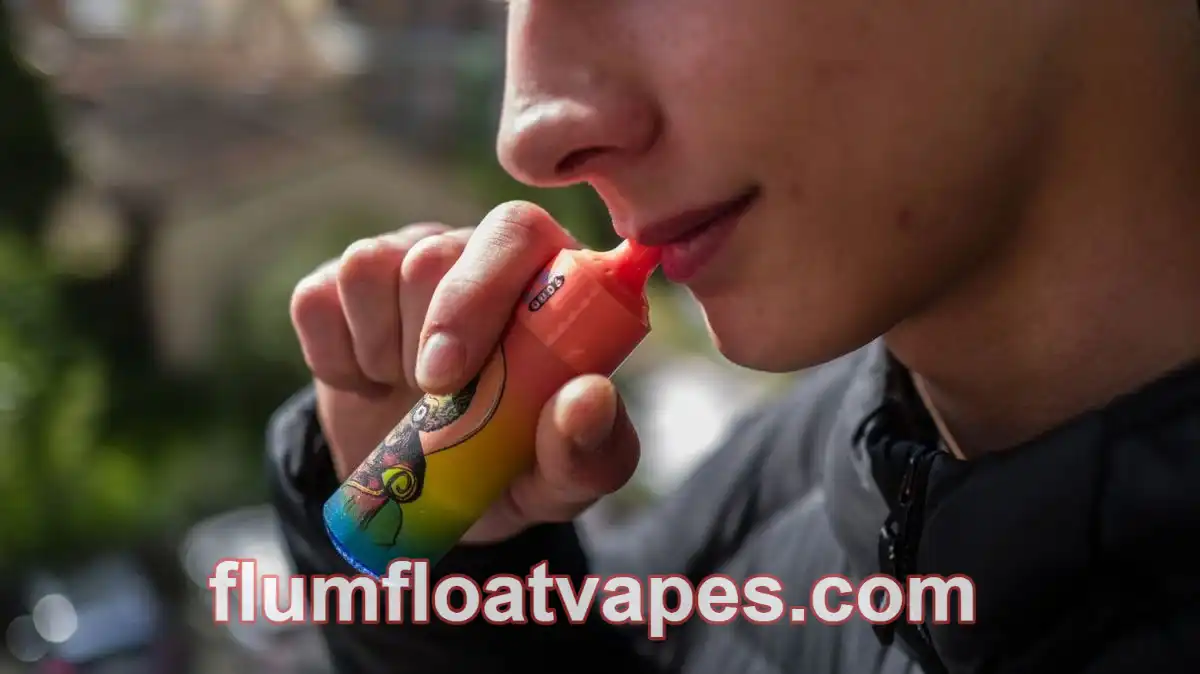In an urgent push to combat the rising popularity of vapes, Thai Prime Minister Paetongtarn Shinawatra has made it clear that her government is taking swift, decisive action. Following a recent cabinet meeting, Paetongtarn addressed concerns over the rampant use of vapes, particularly among teenagers, and announced plans to overhaul the nation’s regulations surrounding vaping.
For years, Thailand has struggled with the unchecked spread of vape products—especially those marketed with alluring designs, colorful packaging, and addictive flavors. The Prime Minister stressed that the government has been receiving a flood of complaints from parents and public health experts who warn of the serious risks that vaping poses to young people. As vaping becomes more popular in the country, Thailand faces a rising challenge: how to protect its youth from harmful substances while balancing the demand for adult vapers who use these products as an alternative to traditional smoking.
Rising Concerns Over Vaping Among Teens
The government’s decision to step up regulation comes after months of increasing concern over the rise of vapes among teenagers. The Prime Minister expressed alarm over how vape products are being marketed to younger demographics, often in the form of small, portable devices like the Flum UT Bar Pro 25000. These devices—compact, colorful, and often scented with sweet, fruity flavors—have become particularly attractive to teens looking for a “cool” way to get their nicotine fix. In particular, flavors like strawberry, mango, and watermelon have surged in popularity, making it all too easy for young people to get hooked without fully understanding the risks involved.
Paetongtarn highlighted that these products are often deceptively packaged to resemble toys or trendy gadgets, which has fueled the growing trend of vaping among teenagers. "We cannot afford to be complacent," the Prime Minister said. "We must take immediate, bold action to stop the spread of these products and protect our youth."
A Crackdown on Illicit Vaping Sales
In response to growing concerns about teen vaping, the government has announced new plans to tighten its grip on the sale of vape products. The Thai government has set a 15-day deadline for relevant authorities, including the Ministry of Public Health and the Royal Thai Police, to come up with a comprehensive strategy to address the issue.
The crackdown will focus heavily on illicit sales of vapes—especially in online markets and unregulated outlets. Paetongtarn has also tasked her government with amending existing laws to provide clearer legal frameworks for tackling illegal vape sales. Given the surge of online vape sales, particularly via social media platforms, the government is preparing to implement stricter controls on these emerging, often unregulated, sales channels.
As the market has shifted to online and social media platforms, law enforcement agencies have faced challenges. Teenagers and young adults have increasingly turned to social media apps, forums, and underground networks to purchase vapes without supervision. Popular vape brands like Fume Vape, which offer highly flavored products in a variety of fruity combinations, are often available through these channels, evading official oversight. The Thai government aims to close this loophole with more targeted enforcement and enhanced cooperation with internet service providers and social media platforms.
Immediate Action: The 15-Day Deadline
Prime Minister Paetongtarn set a 15-day deadline for Jiraporn Sinthuprai, the Minister of the Prime Minister’s Office, to oversee a comprehensive review of current vape regulations and deliver a plan for enforcement. This plan will likely involve a combination of legislative amendments, stricter penalties for sellers, and a renewed push to limit the access teens have to vaping products.
"We have a responsibility to protect our young people from addiction," Paetongtarn said. "Vaping, like smoking, is a public health issue. We will do everything in our power to ensure that these products do not spread any further."
While the government has expressed a willingness to take strong action against vaping, it has not ruled out the possibility of more severe restrictions in the future. In some circles, there is growing pressure for Thailand to move toward a complete ban on all vape products, particularly those with flavors that appeal to younger users.
Flavors, Nicotine, and Health Risks
Health experts have long warned that vaping presents serious risks, including nicotine addiction, lung disease, and heart issues. While many people consider vaping a safer alternative to smoking, studies have shown that it is far from harmless. In fact, nicotine is still a highly addictive substance that can lead to long-term health consequences, especially when used during adolescence, a critical period of brain development.
Vaping companies, such as Fume Vape, have come under scrutiny for their use of fruity, sweet flavors that make the products more appealing to a younger audience. Flavors like blueberry, watermelon, and even vanilla have been found to draw in kids who might not otherwise be interested in traditional tobacco products. Despite marketing efforts to present these as "healthier" alternatives to cigarettes, the long-term effects of inhaling flavored vapor are still not fully understood.
While vaping is still legal in some countries, many have already introduced strict regulations on flavored vape products. Experts argue that flavors like mango, strawberry, and even cotton candy make it easier for teenagers to start vaping and become addicted to nicotine. As Thailand weighs its options, it’s clear that the government wants to act decisively before vaping among young people reaches uncontrollable levels.
The Global Challenge of Teen Vaping
Thailand’s push to regulate vaping comes at a time when many other countries around the world are also grappling with the issue of teen vaping. The United States, for instance, has implemented various measures to curb youth vaping, including banning the sale of certain flavored vape products and tightening age verification requirements for online purchases. European countries have also taken steps to regulate the sale of e-cigarettes, with many imposing higher taxes on these products and placing limits on the amount of nicotine they can contain.
"Teen vaping is not just a Thai problem—it’s a global issue," Paetongtarn acknowledged. "That’s why we must take strong, decisive action now."
Shifting Public Perception and Future Regulations
As part of its broader public health agenda, the Thai government is also planning to make broader changes to its tobacco control laws, which may include stricter regulations on the sale of both traditional cigarettes and vape products. These changes will likely seek to limit access to nicotine products for minors and make it harder for companies to market their products directly to younger consumers.
The government is also considering whether to move forward with a full ban on vaping products, including those with flavors. While this would be a drastic step, it could help reduce the overall consumption of nicotine in the country and protect future generations from the dangers of addiction. However, such a move would face resistance from vape industry stakeholders who argue that vaping is a safer alternative to smoking and that adults should have the right to make their own choices.
Looking Ahead: A Healthier Thailand?
The next few months will be critical in determining the future of vape regulation in Thailand. Will the government succeed in curbing the spread of these products, or will the allure of flavored, portable vapes like the Flum UT Bar Pro 25000 prove too strong to resist? For now, the Thai government’s resolve is clear: protect young people from the dangers of vaping and ensure that adult smokers have access to less harmful alternatives.
For many teens, the world of vaping may seem harmless, but the reality is that these products carry serious risks—especially for those who are still in their developing years. Whether it's the sweet flavors or the sleek designs, the vaping industry has created a trend that is proving difficult to contain. But with strong leadership and decisive action, Thailand is positioning itself as a leader in the global effort to protect young people from nicotine addiction.
As the regulations unfold, it remains to be seen how effective these measures will be in reducing vape use among teens. However, one thing is certain: the Thai government is sending a clear message that it will do whatever it takes to safeguard the health of its younger generations. Whether or not this will be enough to curb the vaping trend remains to be seen. For now, the clock is ticking, and the government is on the case.
For more information and helpful tips on vaping, including everything you need to know about vape flavors and how to use them safely, be sure to check out our other blog posts. We’re here to provide you with all the latest insights and helpful guides to enhance your vaping experience! 😊💨